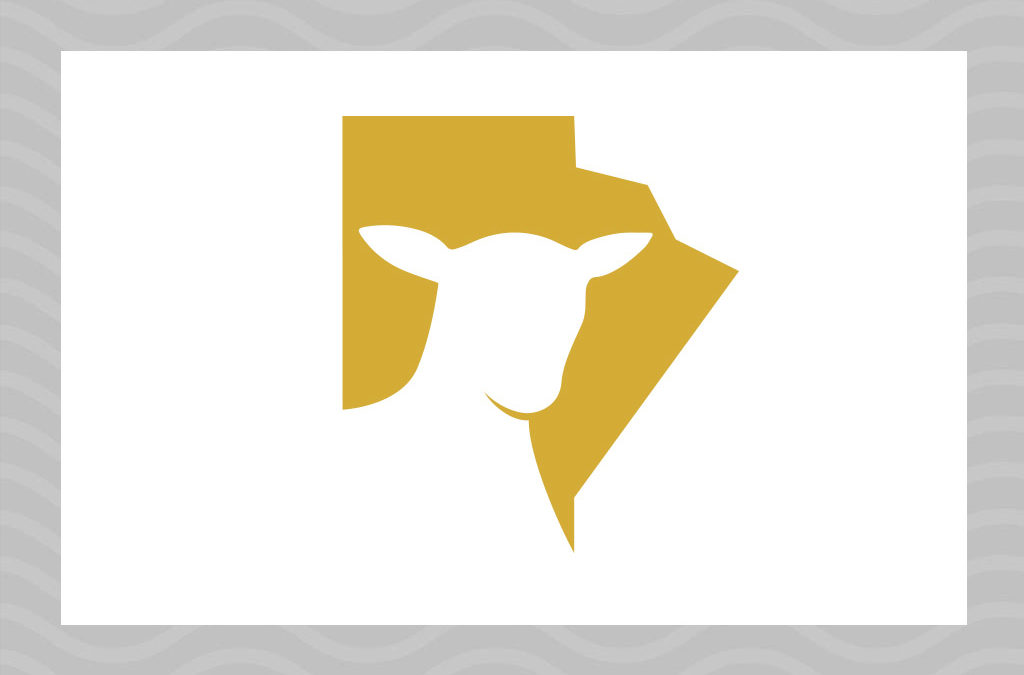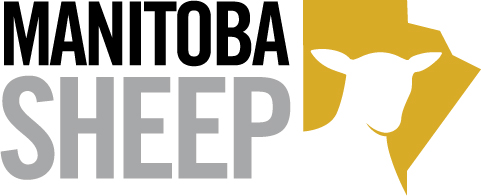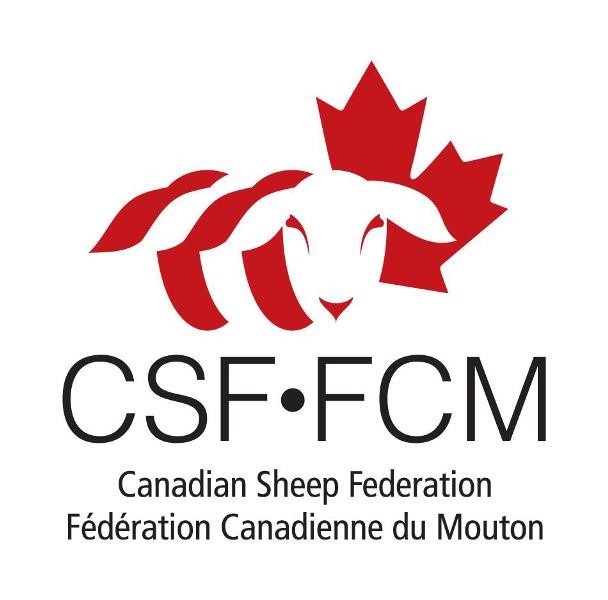
Jun 5, 2020
How livestock is supporting global nutrition, high standards of food safety and public health during the Covid-19 pandemic.
(This letter has been signed by over 65 organisations and individuals from around the world. See all signatories below)
The coronavirus crisis has brought into focus the incredible public health challenge our world faces, and nowhere is this challenge more apparent than in food production. Nourishing the world during this crisis is a top priority across nations.
Our world needs the contributions of livestock. Globally, 1.3 billion people depend on livestock for their employment, while billions more rely on livestock to provide food for their families. Animal agriculture provides milk, meat, fish and eggs at a time when access to safe, nutritious and affordable food is necessary to fend off a potential global hunger crisis, and offers invaluable support for farmers facing severe, often existential, economic hardships.
The precise origin of Covid-19 remains under investigation, but ongoing research continues to confirm that domestic livestock production is safe and has not played a role in the spread of Covid-19. Current evidence points to a journey from wild animals to humans, which aligns with research showing most zoonotic diseases originate in wildlife.
However, some are making unfounded claims that livestock and modern agriculture were somehow the source of the pandemic. This threatens to distract the global public health response at a time when animal agriculture can offer lessons for wildlife zoonosis management as part of the long-term pandemic preparedness.
For example, livestock diseases are monitored globally to help prevent them from spreading across borders the way that Covid-19 has done, and advances in farm and facility practices, animal nutrition, veterinary diagnostics and medicine mean many zoonotic diseases, such as Salmonella, are well managed in most economies. Using these learnings to develop more robust early warning systems for wildlife could enhance our ability to detect emerging diseases.
Importantly, livestock production is a regulated, monitored system with food safety and public health at its core. Even in the face of unprecedented challenges, farms and food facilities are taking every precaution possible to keep employees as safe as possible and fulfill their critical roles in our food supply, while producers continue to rely on biosecurity, hygiene, vaccination, and other tools to control animal illness.
The knowledge and expertise of the livestock sector can help strengthen the global Covid-19 response and tackle the growing risk of nutrition insecurity.
We urge authorities, intergovernmental groups, and NGOs to support these efforts by:
- Reaffirming the safety of livestock production and reminding consumers of our robust food safety system, including the important role of veterinarians and animal nutrition.
- Refuting misinformation that tries to manufacture a link between livestock and the spread of Covid-19.
- Consulting with livestock experts, including farmers and other stakeholders in the feed and food chain to understand how to aid their efforts to feed communities.
During this pandemic, livestock farms and the value chain are working tirelessly to ensure we have safe and affordable food to eat and drink. It’s vital that society supports these efforts and tap into their knowledge to build a more resilient world in the future.
This letter is undersigned by the following organisations and individuals*
International Signatories
Dr. Daniel Bercovici
Chairman
International Feed Industry Federation
Donald Moore
Executive Director
Global Dairy Platform
Guillaume Roué
President
International Meat Secretariat
Dr. Jimmy Smith
Director General
International Livestock Research Institute
Dr. Judith Bryans
President
International Dairy Federation
Dr. Patricia Turner
President
World Veterinary Association
Rick White
Chair
International Agri-food Network
Robin Horel
President
International Poultry Council
Serge Leterme
Chairman
Diagnostics for Animals
Carel du Marchie Sarvaas
Executive Director
HealthforAnimals
European Signatories
Dr. Anders Karlsson
Head of Department
Swedish University of Agricultural Sciences
Prof. Andrew Peters
Program Director, Supporting Evidence Based Interventions (SEBI), Royal (Dick) School of Veterinary Studies University of Edinburgh
Birthe Steenberg
AVEC
Secretary General
Dr. Daniella Dos Santos
President
British Veterinary Association
Dawn Howard
Chief Executive
National Office of Animal Health
Dr. Dirk-Jan de Koning
Professor in Animal Breeding
Swedish University of Agricultural Sciences
Prof. dr. ir. Frédéric Leroy
Professor of Food Science and Biotechnology
Vrije Universiteit Brussel
Dr. Jana Picoka
Professor
Swedish University of Agricultural Sciences
Jean-Louis Hunault
Président
SIMV
Dr. Jude Capper
CEO
Livestock Sustainability Consultancy
Karsten Maier
Secretary General
European Livestock and Meat Trades Union
Dr. Mario Estevez
Associate Professor
University of Extremadura
Dr. Michael Lee
Professor of Sustainable Livestock Systems, University of Bristol
Head of Sustainable Agriculture Sciences — North Wyke, Rothamsted
Minette Batters
President
National Farmers Union of England and Wales
Alexander Döring
Secretary General
European Feed Manufacturers’ Federation
Prof Nigel Scollan
Director, Institute of Global Food Security, Queen’s University Belfast
Pekka Pesonen
Secretary General
Copa-Cogeca
Dr. Philip Skuce
Principal Scientist, Moredun Research Institute
Sector Lead for Livestock, SEFARI KE
Roxane Feller
Secretary General
AnimalhealthEurope
Santiago de Andres
Director General
Veterindustria
Dr Simon Doherty
Director, Blackwater Consultancy Ltd
Dr. Stefaan De Smet
Professor, Department of Animal Sciences and Aquatic Ecology, University of Ghent
Dr. Ulf Emanuelson
Professor
Swedish University of Agricultural Sciences
US and Canadian Signatories
Allan Ribbink
Chairman
Canadian Sheep Federation
Alexander Mathews
President and CEO
Animal Health Institute
Benoît Fontaine
Chairman
Chicken Farmers of Canada
Brian Bilkes
Chair
Canadian Hatching Egg Producers
Catharine Perry
Executive Director
American Dairy Science Association
Chad Gregory
President and CEO
United Egg Producers
Dr. Catherine Filejski
President
Canadian Animal Health Institute
Dr. Christian Klopfenstein
President
Canadian Association of Swine Veterinarians
Constance Cullman
President and CEO
American Feed Industry Association
Dr. Dan Thomson
Department Chair and Professor
Department of Animal Science
Iowa State University
Darren Ference
Chair
Turkey Farmers of Canada
Douglas A. Freeman DVM, PhD, Diplomate ACT
Dean
Western College of Veterinary Medicine
University of Saskatchewan
Dr. Ermias Kebreab
Associate Dean and Professor
University of California-Davis
Dr. Frank Mitloehner
Professor of Air Quality Extension Specialist
University of California-Davis, Dept. of Animal Science
Dr. Fred Gingrich
Executive Director
American Association of Bovine Practitioners
American Association of Small Ruminant Practitioners
Jean-Michel Laurin
President and CEO
Canadian Poultry &
Egg Processors Council
Dr. Jeffrey Wichtel
Professor and Dean
Ontario Veterinary College, University of Guelph
John Jamieson
President and CEO
Canadian Center for Food Integrity
John Ross
Executive Director
Canadian Pork Council
John Starkey
President
U.S. Poultry & Egg Association
Dr. Joy Mench
Professor Emerita
Department of Animal Science
University of California-Davis
Julie Anna Potts
President and CEO
North American Meat Institute
Kay Johnson Smith
President and CEO
Animal Agriculture Alliance
Dr. Ken Anderson
PhD Poultry Scientist
Melissa Dumont
Executive Director
Animal Nutrition Association of Canada
Pamela Griffin
Vice President
American National CattleWomen
Paul Zajicek
Executive Director
National Aquaculture Association
Dr. Richard Raymond
Former United States Department of Agriculture Undersecretary for Food Safety
Dr. Robert Hagevoort
Co-Founder and Director of Development, U.S. Dairy Education and Training Consortium
Roger Pelissero
Chair
Egg Farmers of Canada
Ryan Greir
Chair
National Sheep Network
Scott Helps
Chair
Egg Farmers of Ontario
Dr. Shanna L. Ivey
Ph.D., Department Head, Professor, New Mexico State University, Departments of Animal and Range Sciences and Extension Animal Science and Natural Resources
Dr. Yvonne Thaxton
Professor Emeritus, Director of the Center for Food Animal Wellbeing, University of Arkansas
New Zealand Signatories
Prof. Pablo Gregorini
Professor of Livestock Production
Lincoln University Pastoral Livestock Production Lab
*Note: Endorsement of this letter by academic signatories does not necessarily reflect the views of their institutions





